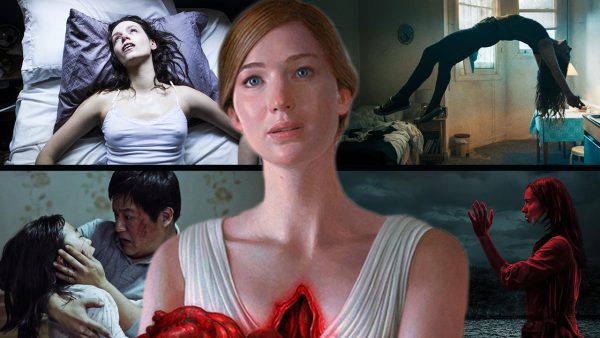EJ Moreno revisits overlooked modern horror films…
With the sheer volume of horror movies releasing each year, including smaller indies and the straight-to-streaming movies that seemingly drop daily, it’s easy to see how even the best horror films can get lost in the shuffle.
Given how some hidden gems have remained hidden for far too long, we’ll take this moment to look back at seven horror films from the last ten years and spotlight how good they were…
The only qualifications for the list are that the film needed to be a blind spot for many horror lovers or something that didn’t get enough time to shine. Don’t expect to see movies like The Witch or Get Out on this list as those found their home with horror fans. Let’s take this time to give new life to some recent favorites…
Oculus (2014)
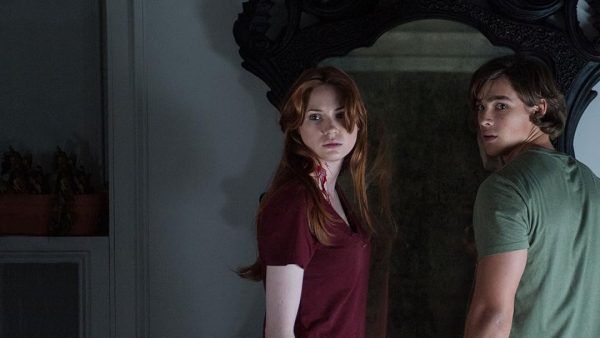
Most horror fans worship at the Church of Mike Flanagan now, but his mainstream breakout Oculus didn’t hit legendary status. That does not diminish its quality; it gave paranormal horror a needed new edge.
Coming from Blumhouse and (oddly enough) WWE Studios, this spooky little film came out of nowhere during the 2013 festival circuit and eventually found its way into the hearts of some horror fans in 2014. It was a slow burn for this to gain an audience with word-of-mouth and the early streaming/Redbox era carrying it.
Starring the always-impressive Karen Gillian and Brenton Thwaites of Titans fame, we see a brother and sister face-off with an evil mirror, but it’s much deeper than that. We get an exploration of grief and family trauma right before it was trendy to do so, and the scares go beyond simple jumpscares. There’s some absolute terror on display, and it needed to be a bigger hit then and now, especially with Flanagan’s legacy.
Starry Eyes (2014)
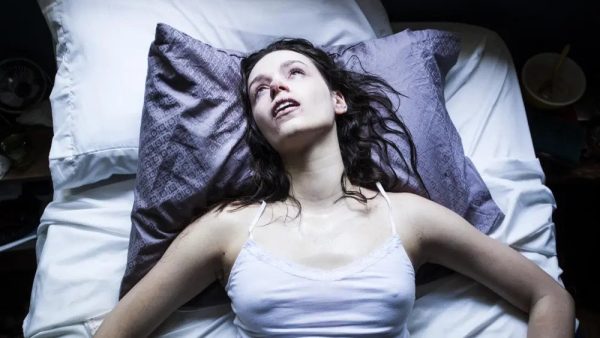
2017 began the #MeToo Movement, which rocked Hollywood and started the conversation of abuse within the industry. Shockingly, Starry Eyes already screamed out Hollywood’s sins long before people were ready.
Indie horror had quite the moment in the early 2010s, with films like this finding an audience among diehard genre fans but just skirting the mainstream. It’s shocking to see Starry Eyes embraced as early as it was, but it hasn’t seen a critical re-evaluation after everything that’s come out in the media over the last decade.
Thankfully, the massively talented Alex Essoe found herself a home in horror after the film, soon becoming a regular in the world of Mike Flanagan. She helped usher in a conversation of gross producers, secret Hollywood cults, and what people do for fame, all before it was trendy. Along with the directors, she helped Starry Eyes above a streaming era filler and made it something worth revisiting time and time.
The Wailing (2016)
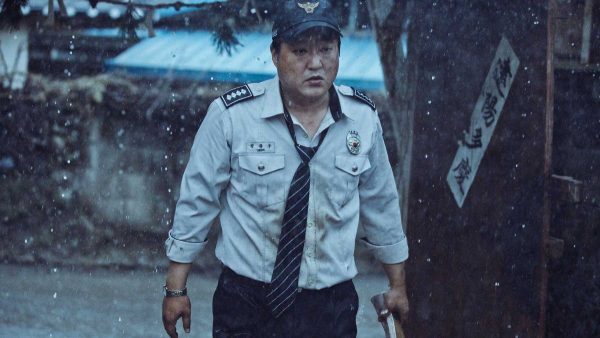
We could take this entire entry as a moment to praise the work of South Korean horror during the 2010s. The country quickly became a go-to for genre fans, and incredible works like The Wailing show why.
It’s hard to name another wildly imaginative film quite like this. The genres are bent, the acting is other-worldly, and the film is unafraid to get steeped in its strange lore. It bucks trends and tropes but doesn’t feel forced. This intelligent choice makes The Wailing feel inspired but never unoriginal, something you want in modern horror.
Director Na Hong-jin isn’t as prolific or as lauded as his South Korean director peers, but he makes his work feel larger than life. Once you see what he looks up in this haunting feature, you’ll be amazed that you can avoid his signature taste for violence and horror. Also, no one can pace a horror film quite like Na Hong-jin, becoming a master of precise editing that is missing in modern horror.
mother! (2017)
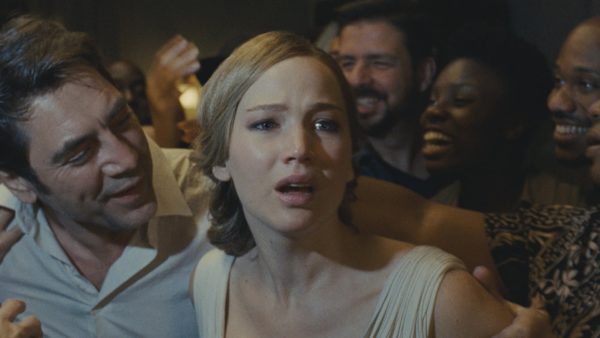
Darren Aronofsky is a filmmaker who could’ve quickly joined the likes of his 00s filmmaking peers, one of pure prestige and mainstream success, but no one can gleefully shock you as Aronofsky can.
From Requiem for a Dream to Black Swan, Aronofsky knows how to make horror feel different and elevated without the prestige labeling of “elevated horror.” But nothing shocked and scared me as a viewer more than his immaculate work on the critical and commercial bomb, mother! from 2017. We’ve never seen a no-holds-barred religious horror like this.
Starring his then-girlfriend, Jennifer Lawrence, mother! doesn’t give you a moment to breathe, fully immersing you in a fever dream of religious themes. Anger and frustration pour throughout the screen, with Aronofsky using Javier Bardem’s Him to mock fun at the chaos “God” has unleashed onto this world. It’s the type of experience that sits with you for hours afterward; that’s a rare feeling to get from modern horror.
Upgrade (2018)
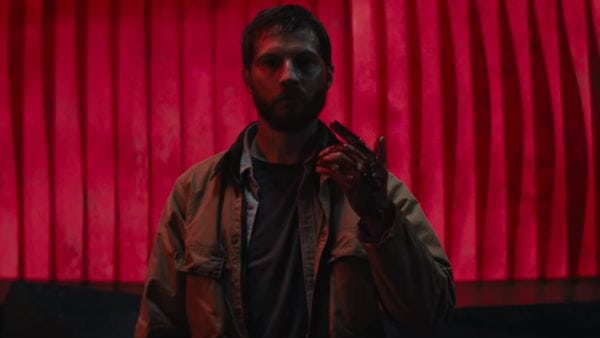
I ask myself why this wasn’t a franchise so often. Maybe it lost some of its clout to Mandy that year or perhaps it never found an audience at the cinemas, but it’s a damn shame that Upgrade didn’t get a bigger reception.
Upgrade was another Blumhouse production with all the makings of what could’ve been a smash hit but didn’t find a wide enough audience. Coming from director Leigh Whannell, it had a specific type of horror pedigree to it, but the filmmaker was also unafraid to steep the whole thing in cult classic 90s action stylings.
It was met with positive reviews upon release and grossed more than its budget, but it didn’t get enough love for blending Robocop, Death Wish, and John Carpenter’s aesthetic. It even helped thrust Leigh Whannell further into Hollywood, as he’d follow this up with the equally underrated The Invisible Man, another techno-horror masterpiece. We’d never get a follow-up, but this should be a yearly viewing for some.
Saint Maud (2019)
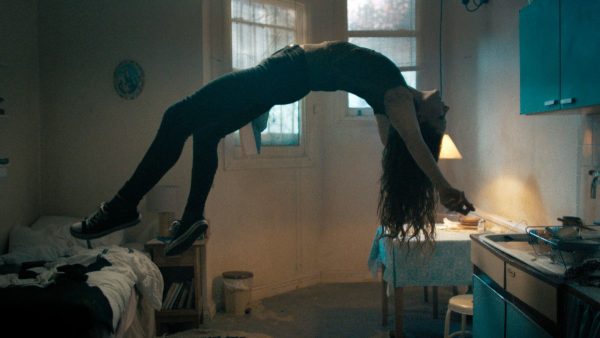
Director Rose Glass crafted the 2024 indie darling Love Lies Bleeding, but too many people overlooked her shocking and remarkable directorial debut in the form of 2019’s Saint Maud.
It’s another religious horror film, but this one plays much differently than anything else included. Saint Maud doesn’t play by any rules, allowing the film to feel original, even if conversations of possession, mental illness, and repressed sexuality are all well-worn territory. A fresh POV can do a lot to make something a perfect watch.
Rose Glass is a filmmaker who needs to return to the home she made in horror quickly; her knack for conjuring up well-earned scares and knowing how to make a killer ending makes her someone we need to see more. With the film’s COVID-era release, let’s hope Glass didn’t take the movie’s getting lost in the chaos as a reason not to make more horror. For that, add Saint Maud to your watchlist ASAP.
The Night House (2021)
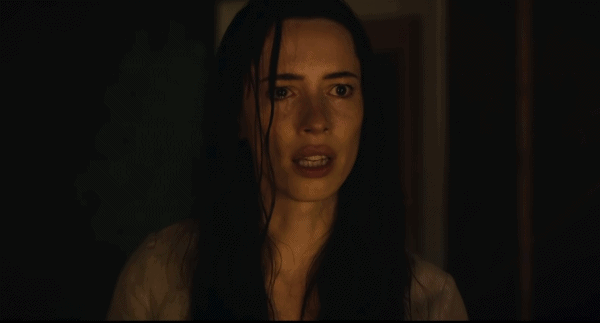
Horror is often overlooked at significant awards, with a rare expectation of making it through. If it wasn’t for another odd pandemic release, The Night House could’ve been one of those prestige horror showcases.
David Bruckner has long proved to be an immense talent in the current horror landscape. He’s made indie smashes and even found a way to bring his stylings into the mainstream, but The Night House was his opportunity to show how good he could be at mixing horror with real-life scares. Bruckner isn’t credited enough for his physiological horror strengths.
Add Rebecca Hall’s talents, and you can see why critics hailed this as an instant classic. Hall’s brilliant talents and Bruckner’s powerful direction made this haunting look at a woman’s grief and confusion over her husband’s passing something universally relatable and can’t be missed. Time has passed enough to see how forgotten this was, but it’s never too late to revisit what’s one of the best horrors of the 2020s.
What other horrors from the past decade have flown under the radar and not got the wider appreciation they deserve? Let us know on our social channels @FlickeringMyth and check out our FREE Patreon for more exclusive content…
EJ Moreno
